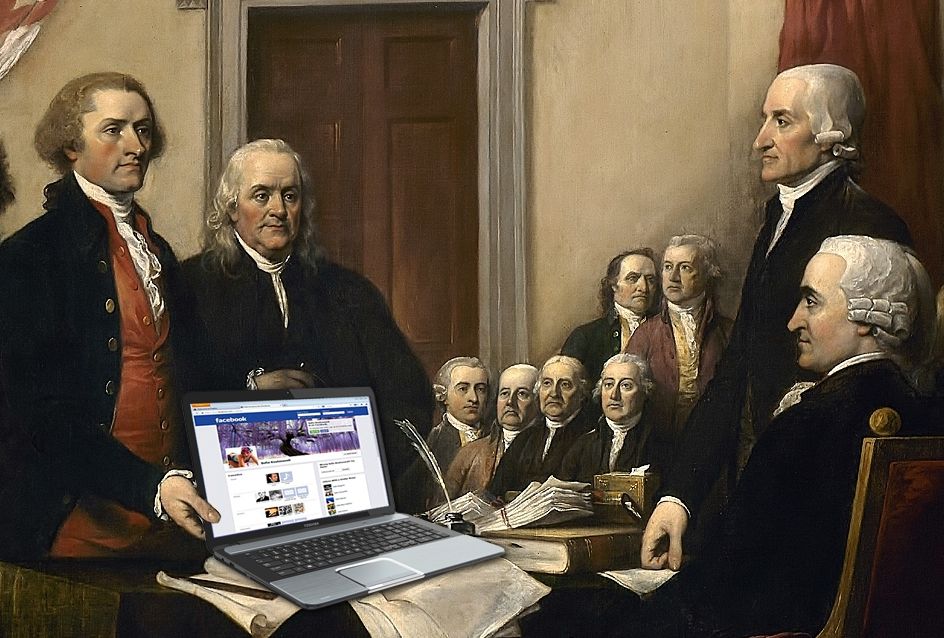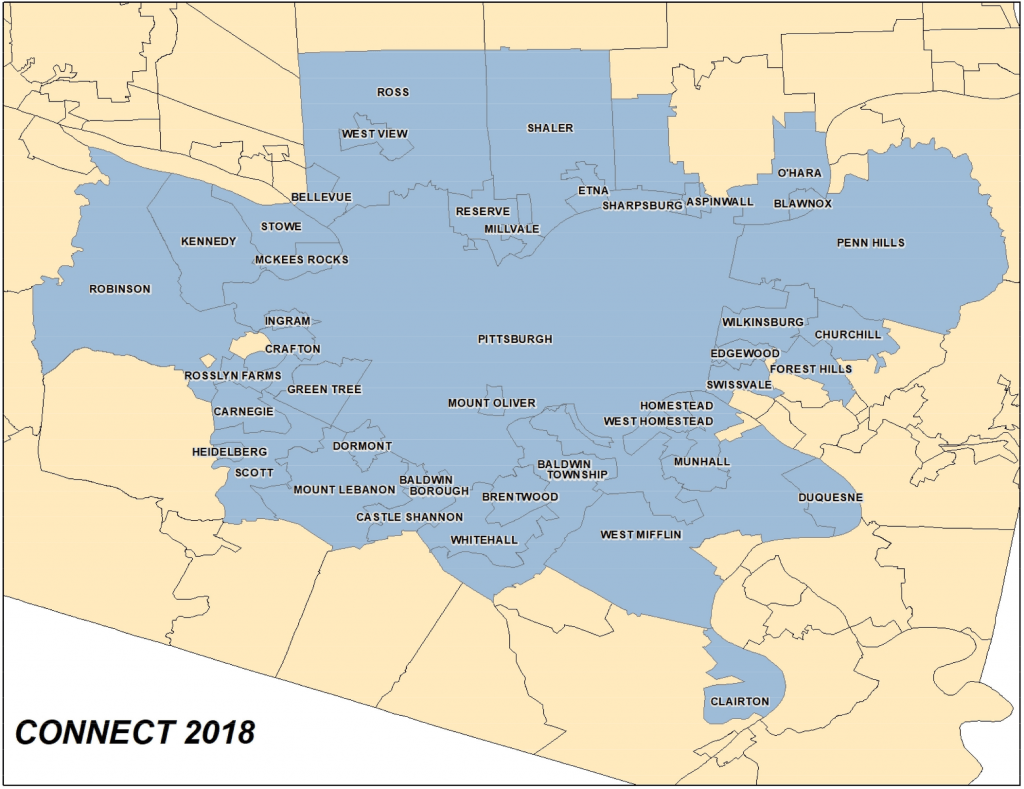CONNECTing in Allegheny County

I had the pleasure of attending a CONNECT meeting yesterday. CONNECT is a regular meeting, usually monthly, of invited leadership from Allegheny County who gather together and work on solving common municipal issues.
CONNECT is housed at the University of Pittsburgh, in the Graduate School of Public & International Affairs (GSPIA). Their meetings are hosted by a different municipal partner on a rotating basis.
As they say on their website:
Congress of Neighboring Communities (CONNECT) brings together the City of Pittsburgh and surrounding municipalities to identify common public policy challenges and advocates for collective change on behalf of Allegheny County’s urban core.
I am fascinated by the topics addressed and dynamics of area leadership in the room. These are elected officials and appointed managers working together to find ways to address problems such as the opioid epidemic and gun violence, or the more subterranean challenge of county-wide shared waste water resources, controlling the costs of energy use, or sometimes just to encourage one another and offer support in the common work of continuing to face the issues these leaders wrestle with daily.
We often think of politics as a dirty game, but these folks are working on action-oriented policy proposals. They seem to have left their party affiliations at the door in favor of working together to have real, tangible conversations on the problems we see in the local news headlines. It is refreshing and exciting to know that local government can work and its practitioners have a place to gather where they can be energetic, creative, honest, and smart in their discussions.
From their team work and availability, solutions arise and they can make plans for policy which, in the end, has a positive impact. An enduring success story is the Community Paramedic program, which I believe is now hosted by UPMC, and was originated by the Allegheny County EMS Council. They create a team of paramedics who can provide more than just emergency medical transportation to those who make a 911 call; they can provide various types of intervention that improve the long-term outcomes for the patient, not just immediate medical relief and transportation. This has the effect of reducing overall non reimbursed costs to EMS. Check out their website.

